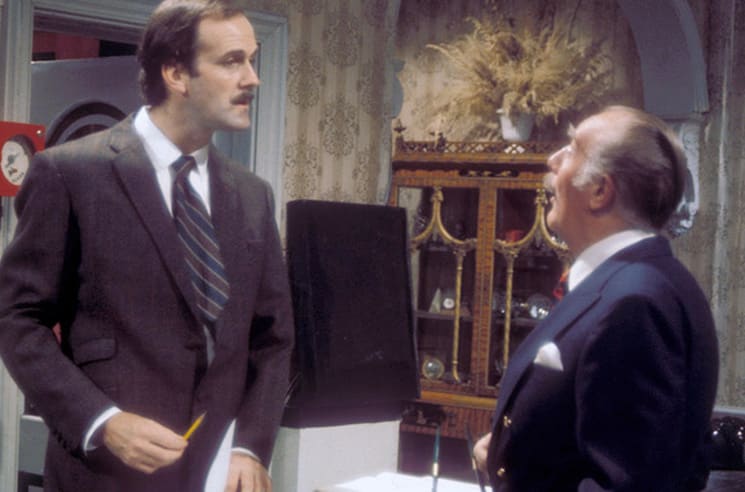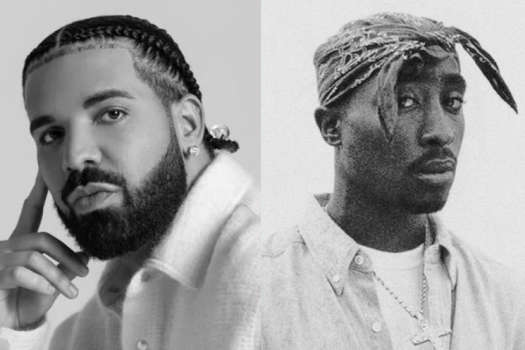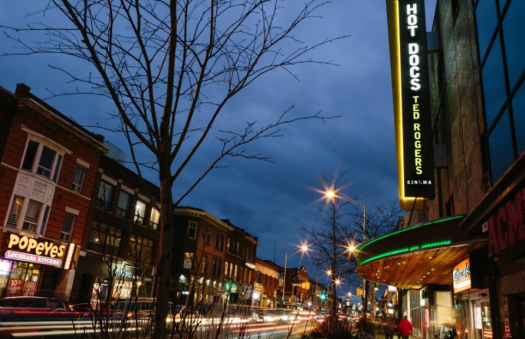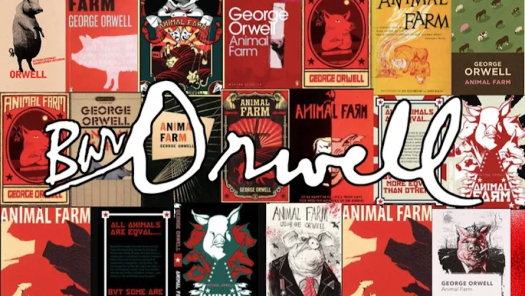Fawlty Towers — the classic U.K. comedy led by Monty Python star John Cleese — is the latest series to be taken down over its past depictions of race. But Cleese has vented some serious frustration about the BBC after a Fawlty Towers episode was removed over its use of racial slurs, including the N-word.
Today news broke that the BBC Studios-owned UKTV removed the 1975 Fawlty Towers episode called "The Germans" from its Gold Box Set of downloadable programs, stating it contained "racial slurs." And while UKTV did not go into specifics, it's believed to be due to the character the Major (Ballard Berkeley) saying the N-word when referring to a person of Caribbean decent.
During a scene in the episode — known for spawning the classic line "don't mention the war" — Cleese's character Basil Fawlty speaks with the Major about a cricket game played by an Indian team, referring to the Indian players as "w*gs" and the West Indian players as "n***ers." It's thought to be this particular scene that led to the episode's removal.
"We regularly review older content to ensure it meets audience expectations and are particularly aware of the impact of outdated language," UKTV said of the decision in a statement. "Some shows carry warnings, and others are edited. We want to take time to consider our options for this episode."
Responding to the decision, Cleese spoke to Australian newspaper The Age [via Deadline] in attempts to better explain "The Germans."
"The Major was an old fossil leftover from decades before. We were not supporting his views, we were making fun of them," said Cleese. "If they can't see that, if people are too stupid to see that, what can one say?"
While UKTV operates independently to BBC Studios, Cleese also had some harsh words for BBC executives.
"A lot of the people in charge now at the BBC just want to hang onto their jobs. If a few people get excited they pacify them rather than standing their ground as they would have done 30 or 40 years ago."
Today news broke that the BBC Studios-owned UKTV removed the 1975 Fawlty Towers episode called "The Germans" from its Gold Box Set of downloadable programs, stating it contained "racial slurs." And while UKTV did not go into specifics, it's believed to be due to the character the Major (Ballard Berkeley) saying the N-word when referring to a person of Caribbean decent.
During a scene in the episode — known for spawning the classic line "don't mention the war" — Cleese's character Basil Fawlty speaks with the Major about a cricket game played by an Indian team, referring to the Indian players as "w*gs" and the West Indian players as "n***ers." It's thought to be this particular scene that led to the episode's removal.
"We regularly review older content to ensure it meets audience expectations and are particularly aware of the impact of outdated language," UKTV said of the decision in a statement. "Some shows carry warnings, and others are edited. We want to take time to consider our options for this episode."
Responding to the decision, Cleese spoke to Australian newspaper The Age [via Deadline] in attempts to better explain "The Germans."
"The Major was an old fossil leftover from decades before. We were not supporting his views, we were making fun of them," said Cleese. "If they can't see that, if people are too stupid to see that, what can one say?"
While UKTV operates independently to BBC Studios, Cleese also had some harsh words for BBC executives.
"A lot of the people in charge now at the BBC just want to hang onto their jobs. If a few people get excited they pacify them rather than standing their ground as they would have done 30 or 40 years ago."




